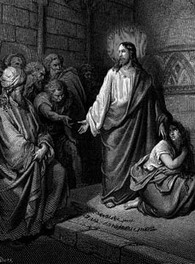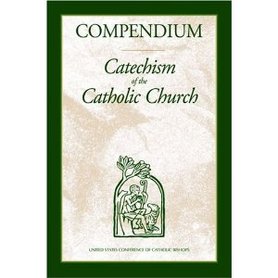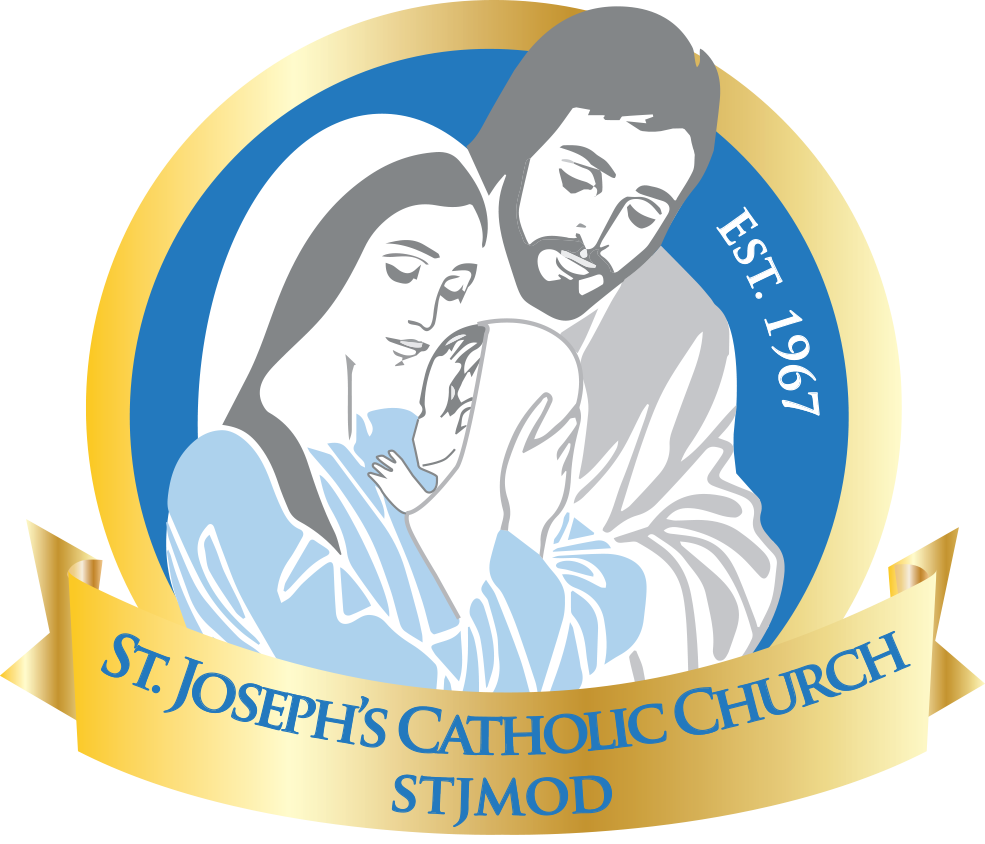Reconciliation (Confession)
“Jesus said to them again, ‘Peace be with you. As the Father has sent me, even so I send you.’ And when he had said this, he breathed on them, and said to them, ‘Receive the Holy Spirit. If you forgive the sins of any, they are forgiven; if you retain the sins of any, they are retained’” (John 20:21-23).
|
No Confession March 28-April 1
Confessions in the Church Regular schedule Monday - Friday 5pm-5:30pm Saturday 8:30am The Sacrament of Reconciliation is one of the most unique and beautiful aspects of Catholicism. Jesus Christ, in His abundant love and mercy, established the Sacrament of Confession, so that we as sinners can obtain forgiveness for our sins and reconcile with God and the Church. The sacrament “washes us clean,” and renews us in Christ.
|
Has it been a while? Or feeling lost?
|
If it has been some time since you made a good confession we recommend that you look at the resources below to help you prepare for the sacrament. Even if it has been a long time since your last confession the priest will be very happy to dispense the mercy of God and you might even make his day! If you think you might need more time or help with the sacrament please call the parish office (551-4973) to make an appointment with a priest outside of the regular confession times.
|
What the Bible says about sin and God's forgiveness... from John 8:3-11
The scribes and the Pharisees brought a woman who had been caught in adultery, and placing her in the midst they said to him, "Teacher, this woman has been caught in the act of adultery. Now in the law Moses commanded us to stone such. What do you say about her?" This they said to test him, that they might have some charge to bring against him. Jesus bent down and wrote with his finger on the ground. And as they continued to ask him, he stood up and said to them, "Let him who is without sin among you be the first to throw a stone at her." And once more he bent down and wrote with his finger on the ground. But when they heard it, they went away, one by one, beginning with the eldest, and Jesus was left alone with the woman standing before him. Jesus looked up and said to her, "Woman, where are they? Has no one condemned you?" She said, "No one, Lord." And Jesus said, "Neither do I condemn you; go, and do not sin again."
Confession Basics: How to make the most of the Sacrament of Confession

Guide to Confession (brief examination of conscience plus outline of how to confess)
Examination of Conscience for Adults (plus how-to confess)
Confession Guide (National Catholic Register)
Confession Guide for Child Penitents
Examination of Conscience for Adults (plus how-to confess)
Confession Guide (National Catholic Register)
Confession Guide for Child Penitents
The Compendium of the Catechism on Confession

302. What are the essential elements of the sacrament of Reconciliation?
The essential elements are two: the acts of the penitent who comes to repentance through the action of the Holy Spirit, and the absolution of the priest who in the name of Christ grants forgiveness and determines the ways of making satisfaction.
303. What are the acts of the penitent?
They are: a careful examination of conscience; contrition (or repentance), which is perfect when it is motivated by love of God and imperfect if it rests on other motives and which includes the determination not to sin again; confession, which consists in the telling of one’s sins to the priest; and satisfaction or the carrying out of certain acts of penance which the confessor imposes upon the penitent to repair the damage caused by sin.
304. Which sins must be confessed?
All grave sins not yet confessed, which a careful examination of conscience brings to mind, must be brought to the sacrament of Penance. The confession of serious sins is the only ordinary way to obtain forgiveness.
305. When is a person obliged to confess mortal sins?
Each of the faithful who has reached the age of discretion is bound to confess his or her mortal sins at least once a year and always before receiving Holy Communion.
306. Why can venial sins also be the object of sacramental confession?
The confession of venial sins is strongly recommended by the Church, even if this is not strictly necessary, because it helps us to form a correct conscience and to fight against evil tendencies. It allows us to be healed by Christ and to progress in the life of the Spirit.
The essential elements are two: the acts of the penitent who comes to repentance through the action of the Holy Spirit, and the absolution of the priest who in the name of Christ grants forgiveness and determines the ways of making satisfaction.
303. What are the acts of the penitent?
They are: a careful examination of conscience; contrition (or repentance), which is perfect when it is motivated by love of God and imperfect if it rests on other motives and which includes the determination not to sin again; confession, which consists in the telling of one’s sins to the priest; and satisfaction or the carrying out of certain acts of penance which the confessor imposes upon the penitent to repair the damage caused by sin.
304. Which sins must be confessed?
All grave sins not yet confessed, which a careful examination of conscience brings to mind, must be brought to the sacrament of Penance. The confession of serious sins is the only ordinary way to obtain forgiveness.
305. When is a person obliged to confess mortal sins?
Each of the faithful who has reached the age of discretion is bound to confess his or her mortal sins at least once a year and always before receiving Holy Communion.
306. Why can venial sins also be the object of sacramental confession?
The confession of venial sins is strongly recommended by the Church, even if this is not strictly necessary, because it helps us to form a correct conscience and to fight against evil tendencies. It allows us to be healed by Christ and to progress in the life of the Spirit.





